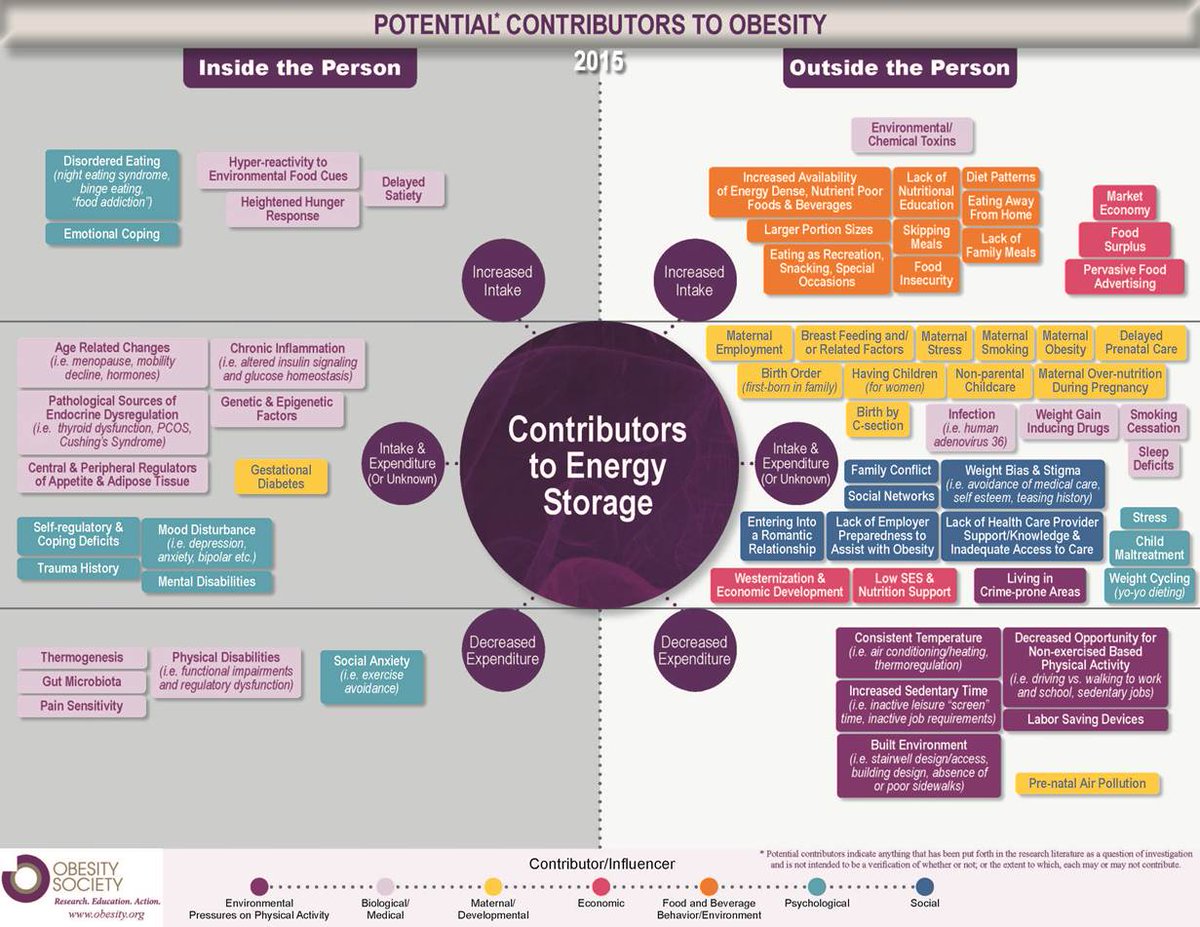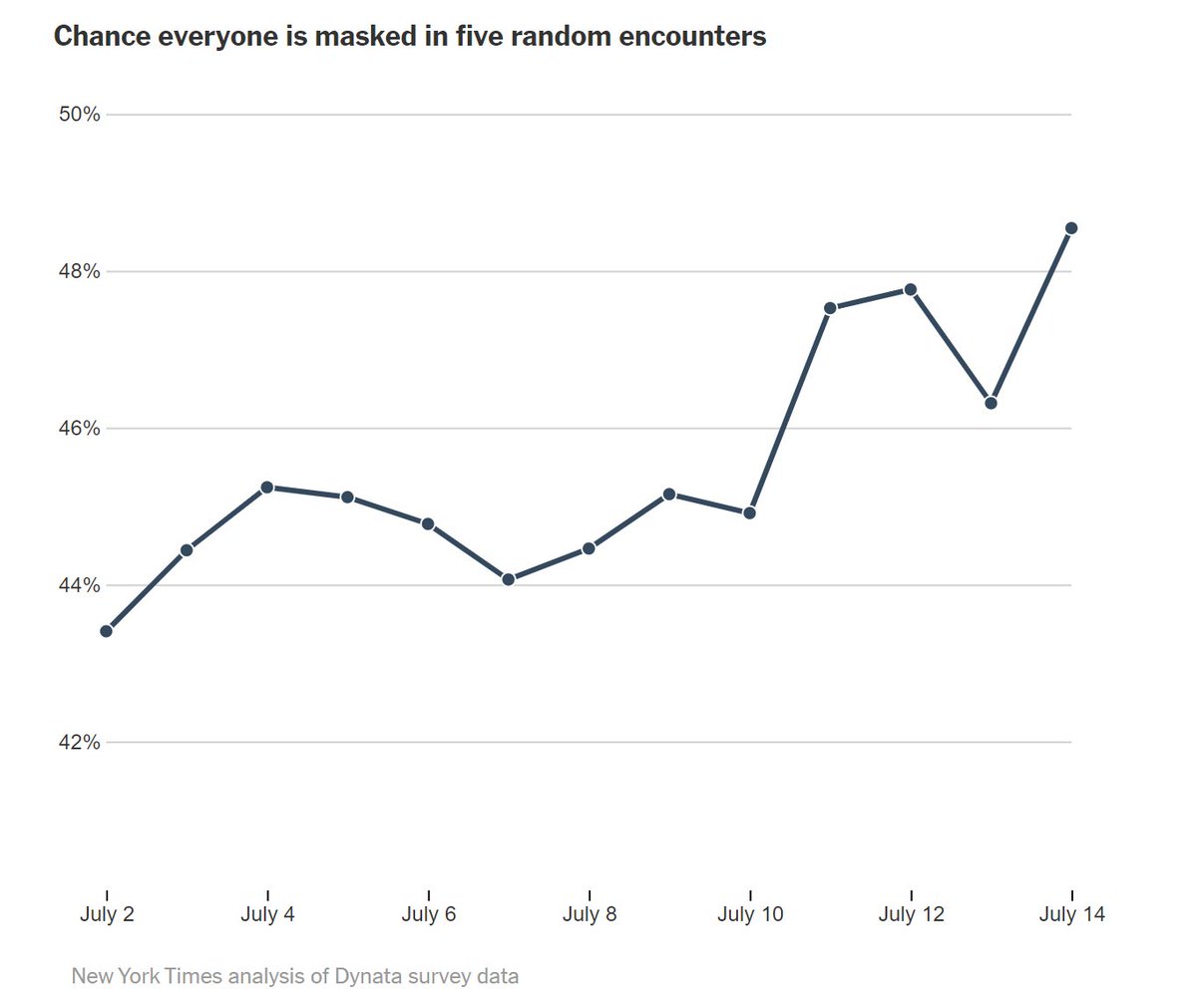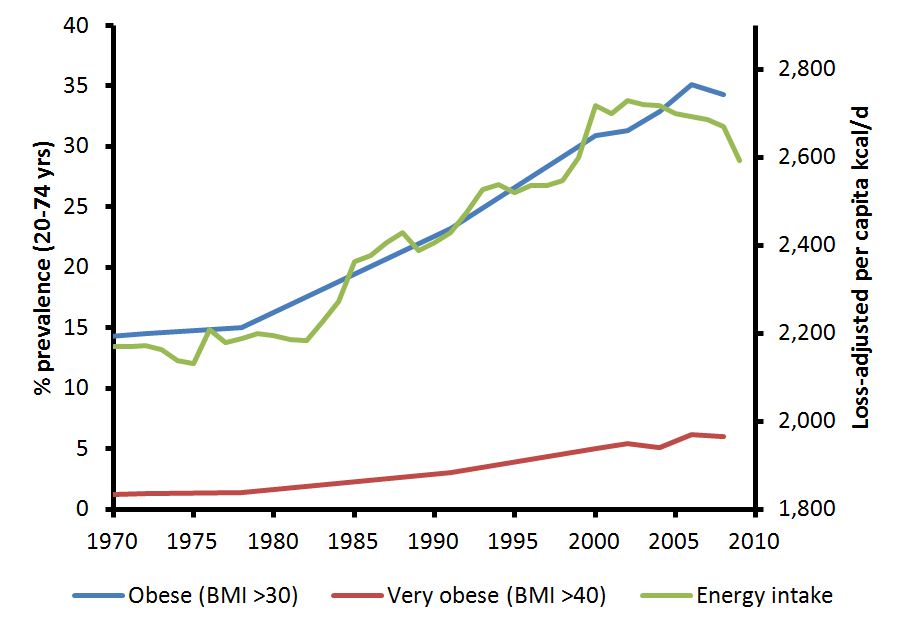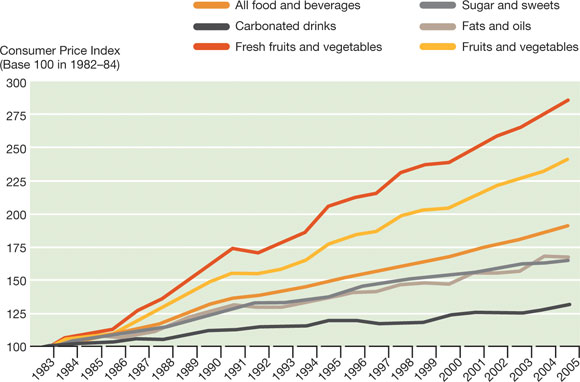
1/ WHY INCREASING PHYSICAL ACTIVITY/EXERCISE SHOULD BE A GREATER FOCUS THAN LOSING WEIGHT:
I still think a weight-centric approach to managing chronic dz is the best approach, but if you are going to focus on ONE change in your life, I hope it is increasing PA.
[thread]
I still think a weight-centric approach to managing chronic dz is the best approach, but if you are going to focus on ONE change in your life, I hope it is increasing PA.
[thread]
2/ To understand my point you need context. First, losing WT and maintaining it is hard. I could give you any number of obscure stats on this, but I think you all know from experience. The obesogenic environment (sedentary life + modern UPFs food) is unforgiving.
3/And while I think we should cont to manage our Wts the best we can (lifestyle/meds/surgery), THE SYSTEM is rigged against us. Until we address the systemic issues driving OB (food deserts, health inequity, poverty, agricultural subsidies, etc.) major changes will not occur. 

4/ So...with all the challenges we face in addressing obesity at a population level, is there anything we can do to improve our health and longevity TODAY?
WHY YES? It is called EXERCISE and increasing our physical activity.
WHY YES? It is called EXERCISE and increasing our physical activity.
5/ Why is this important?
2 reasons...
1⃣ Physical activity is easily modifiable (for most)
2⃣ Sedentary living is associated with increased CVD, T2DM, heart failure, and mortality
Thorp et al., 2020
Intwala and Balady, 2015
Wahid et al., 2016
Arem et al., 2015
2 reasons...
1⃣ Physical activity is easily modifiable (for most)
2⃣ Sedentary living is associated with increased CVD, T2DM, heart failure, and mortality
Thorp et al., 2020
Intwala and Balady, 2015
Wahid et al., 2016
Arem et al., 2015
6/ PHYSICAL ACTIVITY
It comes in 2 flavors: structured and non-structured
Structured - running, lifting weights, cycling, swimming, etc.
Non-structured - walking to and from work, going up the stairs, etc.
*Guidelines recommend (at least) 150 mins/wk + 2 days of RT*
It comes in 2 flavors: structured and non-structured
Structured - running, lifting weights, cycling, swimming, etc.
Non-structured - walking to and from work, going up the stairs, etc.
*Guidelines recommend (at least) 150 mins/wk + 2 days of RT*

7/ So what are the health benefits?
⬇️ risks of all-cause mortality, CVD, some types of cancer, and dementia
⬇️incidence of HTN and T2DM
⬆️ in cognitive function, QoL, and sleep
⬇️ risks of all-cause mortality, CVD, some types of cancer, and dementia
⬇️incidence of HTN and T2DM
⬆️ in cognitive function, QoL, and sleep
Warburton, Nicol, and Bredin, 2006
Warburton and Bredin, 2017
Bidzan-bluma and Lipowska, 2018
Kelley and Kelley, 2017
Mandsager et al., 2018
Warburton and Bredin, 2017
Bidzan-bluma and Lipowska, 2018
Kelley and Kelley, 2017
Mandsager et al., 2018
8/ What's more? And arguably the MOST IMPORTANT POINT OF MY THREAD!!!!!
THE GREATEST RELATIVE HEALTH BENEFITS ARE SEEN WITH RELATIVELY SMALL CHANGES.
It is estimated that many of the health benefits are realized at 1/2 the recommended activity lvls
(Warburton and Bredin, 2017)
THE GREATEST RELATIVE HEALTH BENEFITS ARE SEEN WITH RELATIVELY SMALL CHANGES.
It is estimated that many of the health benefits are realized at 1/2 the recommended activity lvls
(Warburton and Bredin, 2017)
9/ Why strength train?
To build muscles...duh!
Beyond that, strength training has demonstrated reductions in all-cause mortality, CVD incidence, and an improvement in functioning.
h/t @mackinprof
cdnsciencepub.com/doi/full/10.11…
To build muscles...duh!
Beyond that, strength training has demonstrated reductions in all-cause mortality, CVD incidence, and an improvement in functioning.
h/t @mackinprof
cdnsciencepub.com/doi/full/10.11…
10/ And to put you at ease, you can still build muscle as you age. Some new evidence suggests old muscles are similar to young muscles in morphology.
https://twitter.com/TStellingwerff/status/1316781682473664512?s=20
11/ Summary:
If you want to improve your health today in a meaningful way, increase your daily physical activity. Doing so for most will have a greater impact on their health than almost anything else.
If you want to improve your health today in a meaningful way, increase your daily physical activity. Doing so for most will have a greater impact on their health than almost anything else.
12/ Summary continued:
There is a low-bar for entry (for most), and it costs virtually nothing. Also, most of the health benefits are realized by increasing your activity a small amount. So what is your excuse?
[END]
There is a low-bar for entry (for most), and it costs virtually nothing. Also, most of the health benefits are realized by increasing your activity a small amount. So what is your excuse?
[END]
• • •
Missing some Tweet in this thread? You can try to
force a refresh







